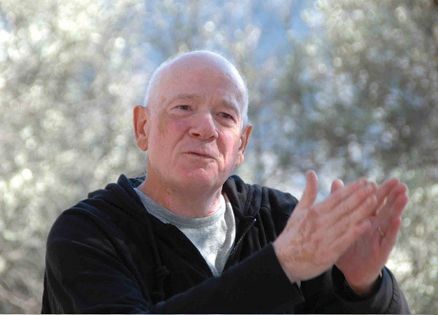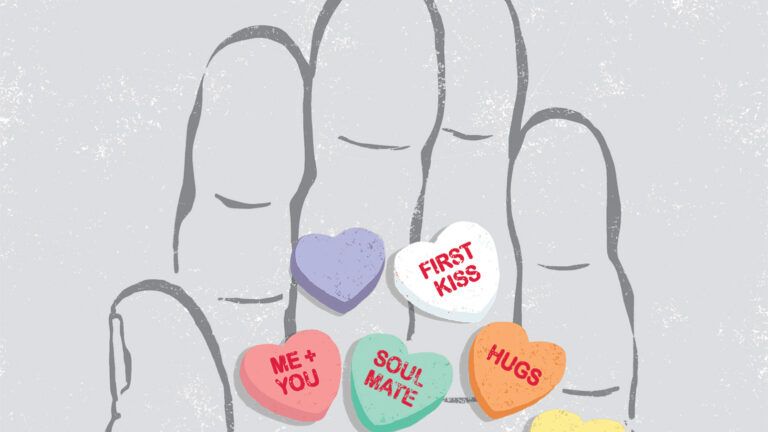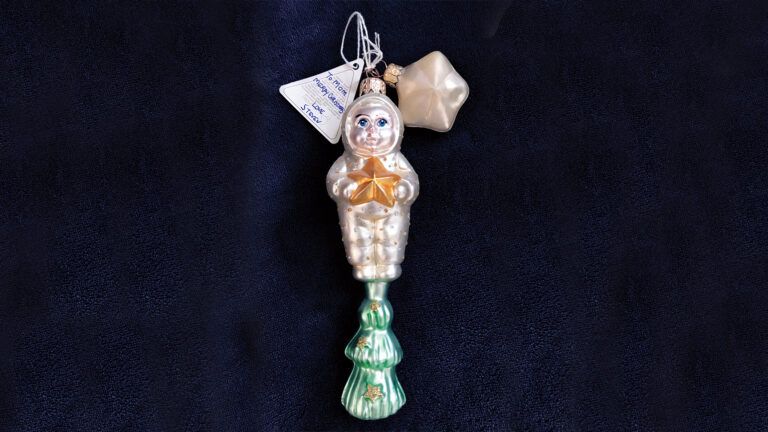It was may 8, 1994, Mother’s Day, and I was at a public telephone in a shopping mall in Las Vegas.
I was attending a conference at the University of Nevada, Las Vegas, on shared death experiences. After years of collecting the case studies of shared death experiences and considering their implications, I was about to launch a study that would examine the phenomenon, breaking them down into their component parts to try to figure out why and how they took place.
The implications were clear: that death opens a portal to the “other side.” By now I had faith that such a portal does exist. But obviously this supposition needed further evaluation. Faith alone gets you very little in the world of research.
At any rate, because it was Mother’s Day, I temporarily left the conference and went to the mall with my family. While there, I stopped at a pay phone to call my mother. She was seventy-four years old and still lived in the first house that she and my father owned, in Macon, Georgia.
As I dialed her telephone number, I had no problem imagining her sitting in the living room, reading the most recent issue of Guideposts magazine and waiting for her children to call.
“Well, hello, Raymond,” she said. “I knew you would call me today.”
Conversation with my mother had always been a great comfort to me. In fact, I have always been a devout mama’s boy, and truth be told, a man who enjoys the company of women more than men.
That attitude toward women has a lot to do with my upbringing. I was born on June 30, 1944, the very day that my father shipped out for WorldWar II. I don’t know what my mother was thinking as she labored to give birth to me that summer day. Given the way her life had gone up to that point, she probably thought that her husband would be killed in the war and never see his newborn son.
Eight of her fifteen brothers and sisters had died in childhood, and one more would be lost in the war. Death had been a constant companion for Mom, and it would be safe to say
that she didn’t expect the future to be any different.
I know mine was a difficult birth. Mom was young, I was large, and negative thoughts about her husband’s likelihood of returning from a very violent war were on her mind as she struggled with childbirth. The pains of labor, the dark memories, and the fear of the future all added up to a tremendous case of depression, which my young mother would only talk
about with her parents.
In those days, people didn’t speak freely about their emotions as they do now. Americans were almost devoutly stoic, expected to show quiet endurance in the face of adversity rather than let anyone know how they truly felt. The result for my mother was a worsening case of depression, one that she had to hold inside rather than express.
I think the town of Porterdale, Georgia, was filled with women coping with anxiety and sadness similar to my mother’s. World War II had emptied the town of all its young men, and the women of Porterdale lived with daily doubts that their sons, husbands and lovers would come home alive.
The war also left many of them childless. Few children had been born since the United States entered the war in 1941. And now, with my birth in 1944, an event of some importance had occurred in the town of Porterdale. There was a new baby. That was good for my mother. When she needed a rest or just some time alone, her parents would take over the role of parenting. They doted on me as if I were the only child they had ever seen, passing me constantly from one to the other in an effort to give my mother breathing space.
It was through them that I was “shared out” to the rest of the community, an arrangement that gave me a large and caring family of very loving women. All of the women in the neighborhood who were about the age of my grandmother unofficially adopted me as a grandchild of their own.
Two doors down was Mrs. Crowell. She became one of the most important figures in my life. I remember her as being a sweet but very strong woman, the kind I would eventually be most happy with in marriage. I would go see her all the time—as a child and later as a teen. She allowed me to enter her home without even knocking, which I did frequently. Once inside, I would curl up on her sofa and dream. She was among the most encouraging people in my life.
Her son told me at her funeral years later that when I was an infant she would hold me on her lap and repeat over and over to me, “Raymond, you are going to be a very special person someday.”
All of the women in town were encouraging and loving. It was through them—but especially through my mother—that I developed empathy, my most valuable personal and professional trait. After all, a psychiatrist without empathy is of little use to his patients.
Anyway, on this Mother’s Day in 1994, I stood in the mall talking to my mom and remembering a lifetime of great times together. She told me what my brothers and sisters were doing and recounted events in the neighborhood. Before long I realized that I had been on the phone for almost an hour.
“Mom, I have to go now. I was supposed to meet Cheryl (my wife) twenty minutes ago and I don’t want her to wait too long,” I said. “One more thing: How are you doing?”
“Oh, I’m fine,” she said very cheerfully. “Yesterday I got a rash on my arms but Kay (my sister) took me to the emergency room and the doctor there said it was nothing. So I’m about as good as I can be.”
I questioned her more about the rash but there wasn’t much else to say. “The ER doctor got me an appointment with a dermatologist tomorrow and we’ll see what he says,” she told me. “I don’t expect that it amounts to much.”
I wish she had been right.
A Deadly Prognosis and Strange Events
The next day I received a tearful phone call from my sister. She had gone to the dermatologist with Mom and watched as his pleasant demeanor turned to one of great concern. She knew there were problems when he ordered some tests and demanded immediate results back from the lab.
That afternoon, looking drained, the dermatologist rendered his diagnosis with no embellishments.
“Mrs. Moody, you have non-Hodgkin’s lymphoma,” he said. “You have two days to two weeks to live.”
This cancer of the white blood cells can be very fast growing, and according to the oncologist, hers was the fastest-growing possible—“fulminate,” as the doctor declared.
“I’m terribly sorry.”
I knew what this meant. The cancer was spreading so fast that chemotherapy would have little effect on its progression. We flew immediately to Macon, Georgia, and for the next two weeks we joined the rest of the Moody family in making her final days as comfortable as possible.
We stayed at her side for the last few days she was at home and then we all moved into the hospital and stayed with her until she died, which was two weeks to the day from when she was given her fatal diagnosis.
The day she died, we all gathered around the bed. She had been comatose for the last two days, but shortly before she passed she awoke and with great coherency told us that she loved us all very much.
“Please say that again, Momma?” asked my sister Kay.
With great effort Mom batted her oxygen mask away and said it again: “I love you all very much.”
It was a touching moment for us all, one that built false hope that she was perhaps recovering but also emphasized the powerful need she had to express love just one more time.
We all held hands around the bed—my two sisters, their husbands, and Cheryl and I—and waited for the inevitable moment of death. And as we waited, it happened to us: a shared death experience. As we held hands around the bed, the room seemed to change shape and four of the six of us felt as though we were being lifted off the ground. I had the feeling that the room had turned into the shape of an hourglass.
I felt a strong pull, like a riptide that was pulling me out to sea, only the pull was upward.
“Look,” said my sister, pointing to a spot at the end of the bed. “Dad’s here! He’s come back to get her!”
Everyone there reported later that the light in the room changed to a soft and fuzzy texture. It was like looking at light in a swimming pool at night. As all of this took place, there was great joy in the room. We all knew something truly incredible had happened to all of us as our mother died. It was as though the fabric of the universe had torn and for just a moment
we felt the energy of that place called heaven.
After the funeral we spent a few more days in Macon with my family, taking care of the loose ends that are always left after a death. It was during this period of time that we all began to compare our experiences at Mom’s bedside and realized how extraordinary they had been. We were all convinced by our individual experiences that we had each shared Mom’s death in a unique, spiritual way.
My brother-in-law, the Reverend Rick Lanford, a Methodist minister, summed it up best when he said, “I felt like I left my physical body and went into another plane with her. It was like nothing that had ever happened to me.”
I agreed completely with Rick.We all did. What should have been one of life’s least happy momentswas suddenly cause for elation.We had gone partway to heaven with our
mother.We had personally seen her off to heaven!






